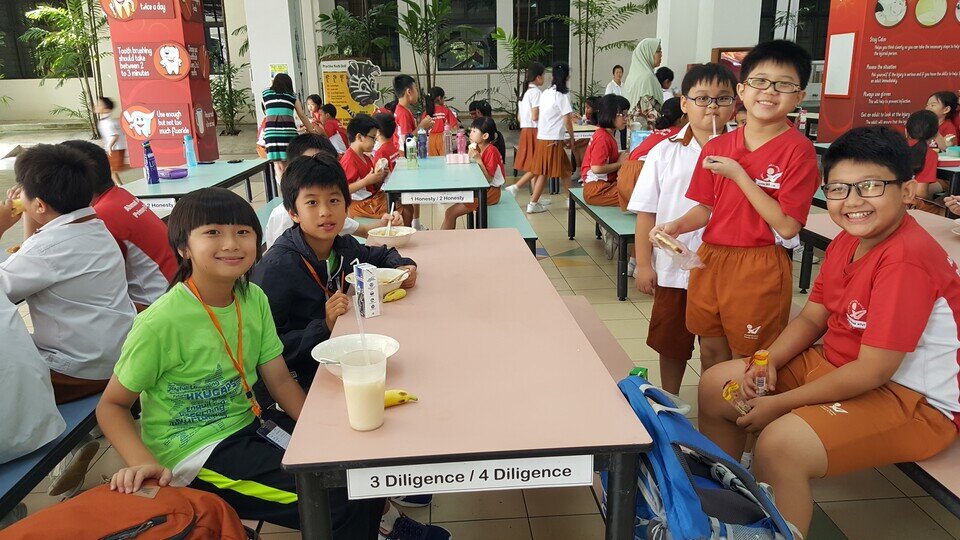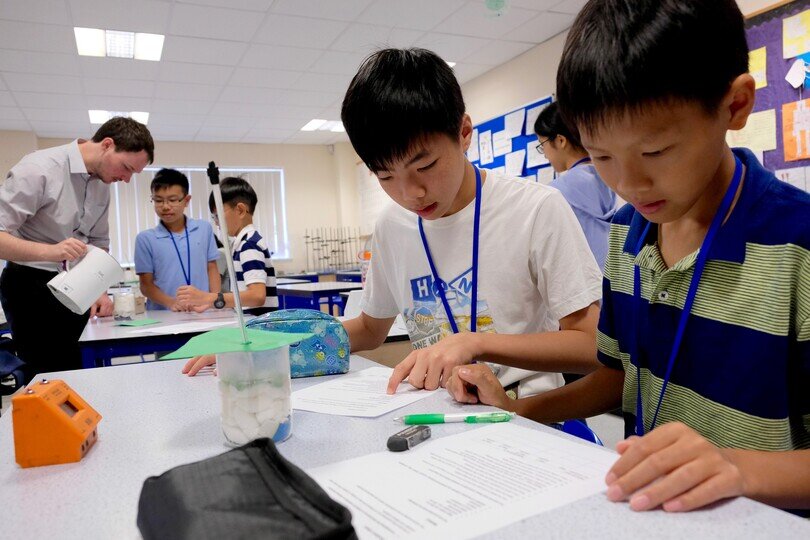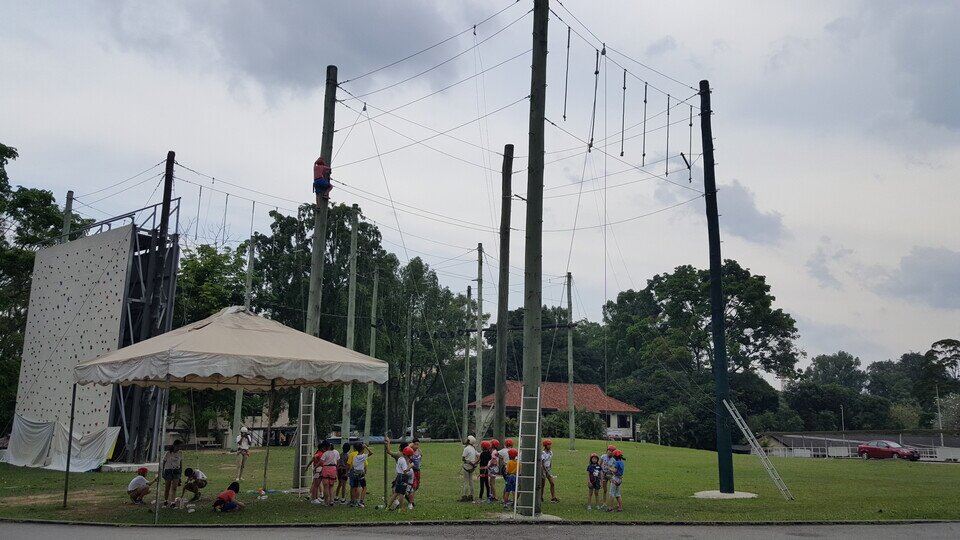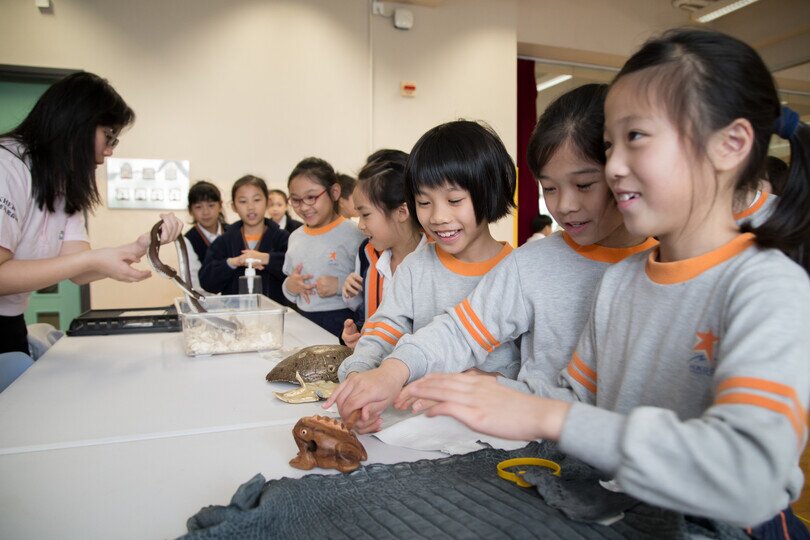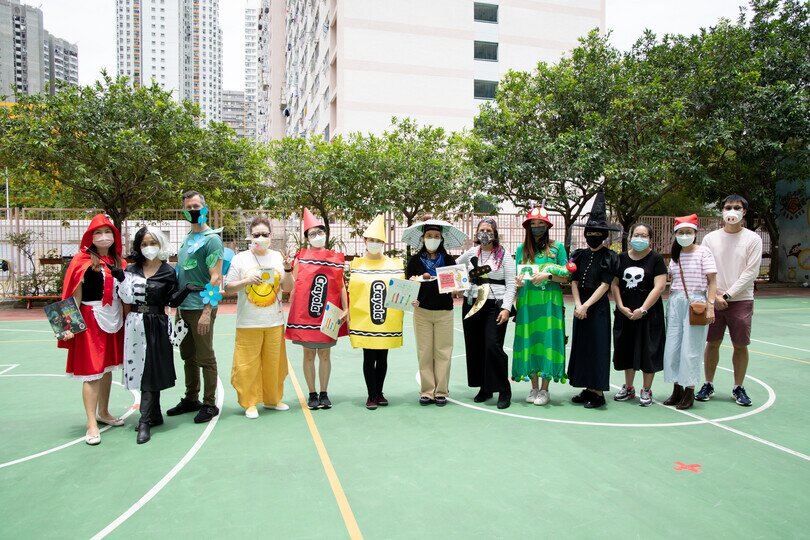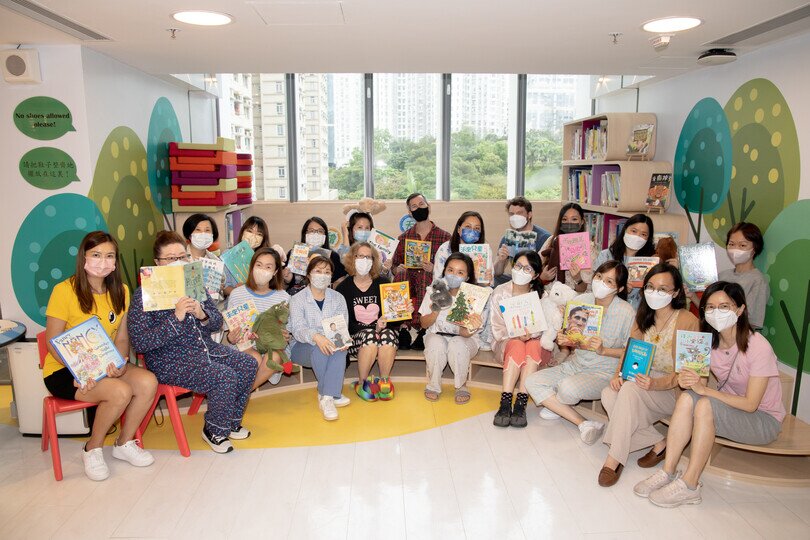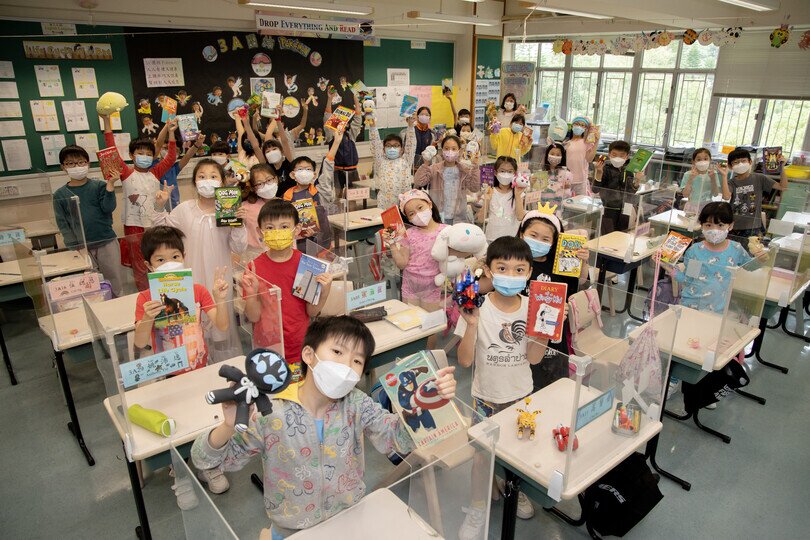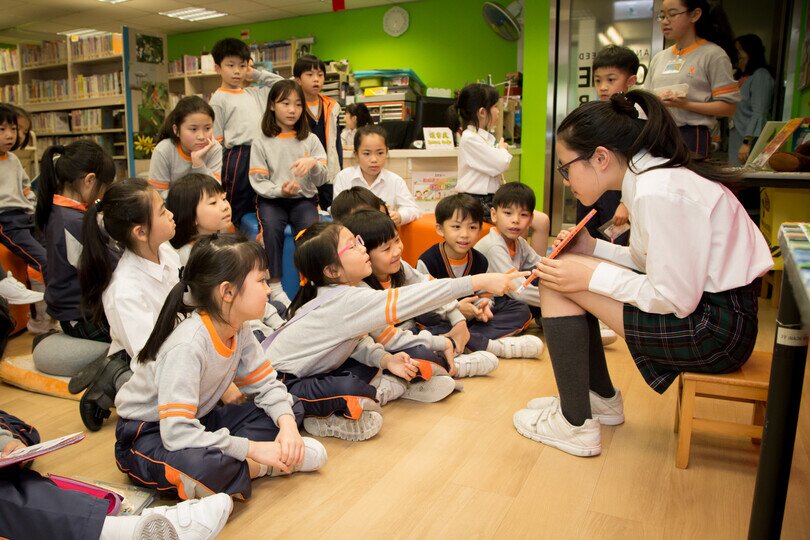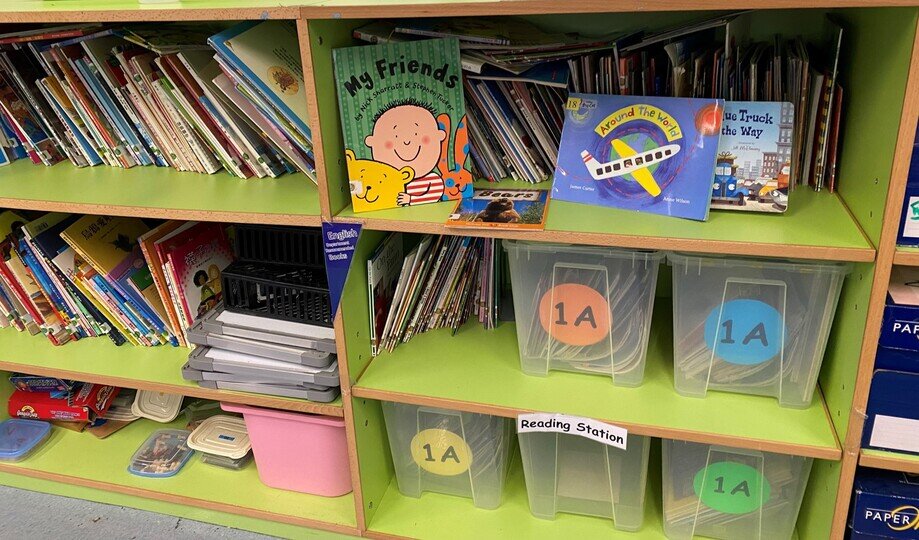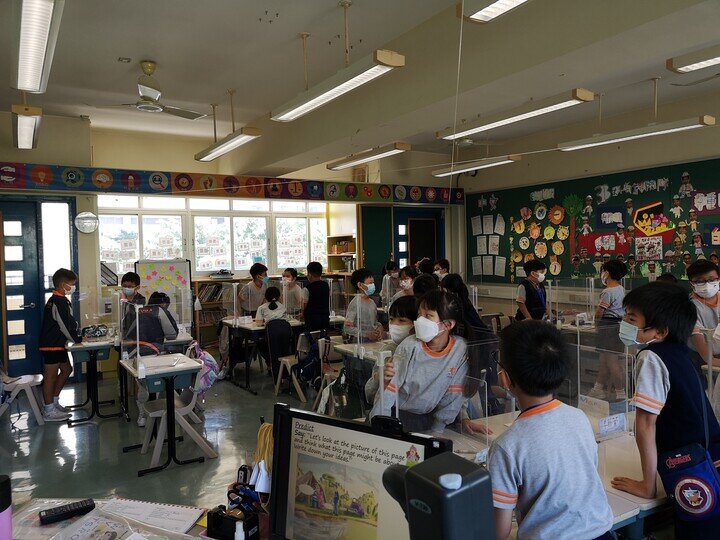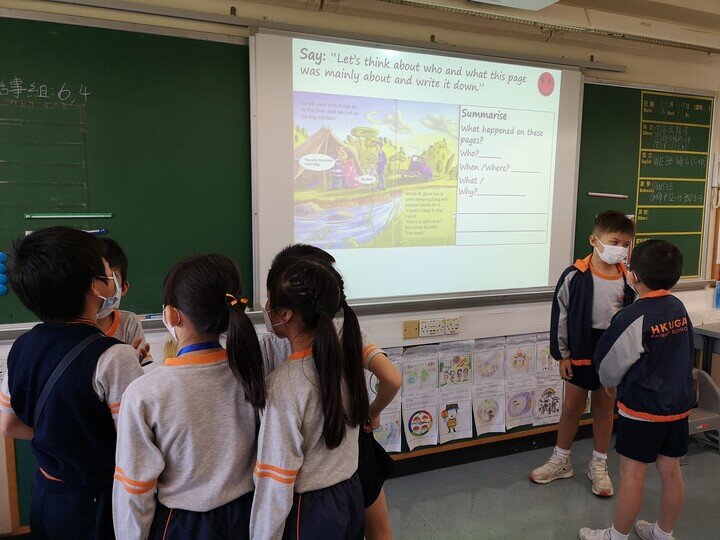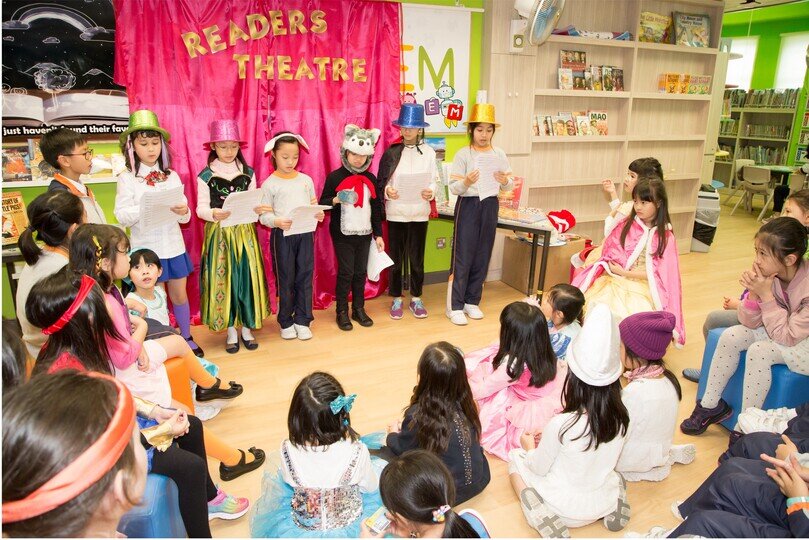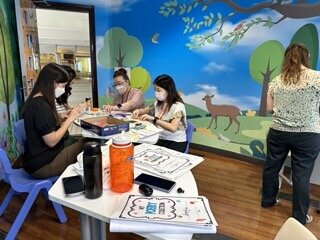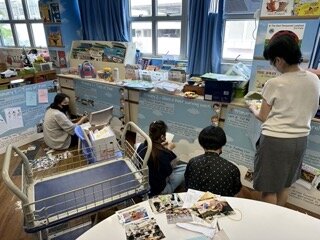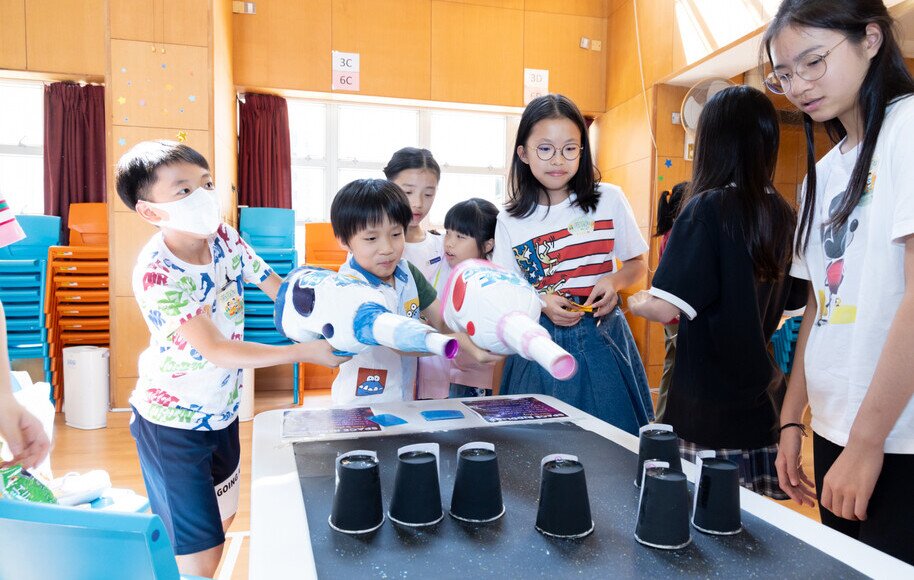英文
| HKUGAPS English Department |
|---|
| Introduction / Aims | Curriculum | Activites | Our Focus on Reading | Students and Teachers |
|---|
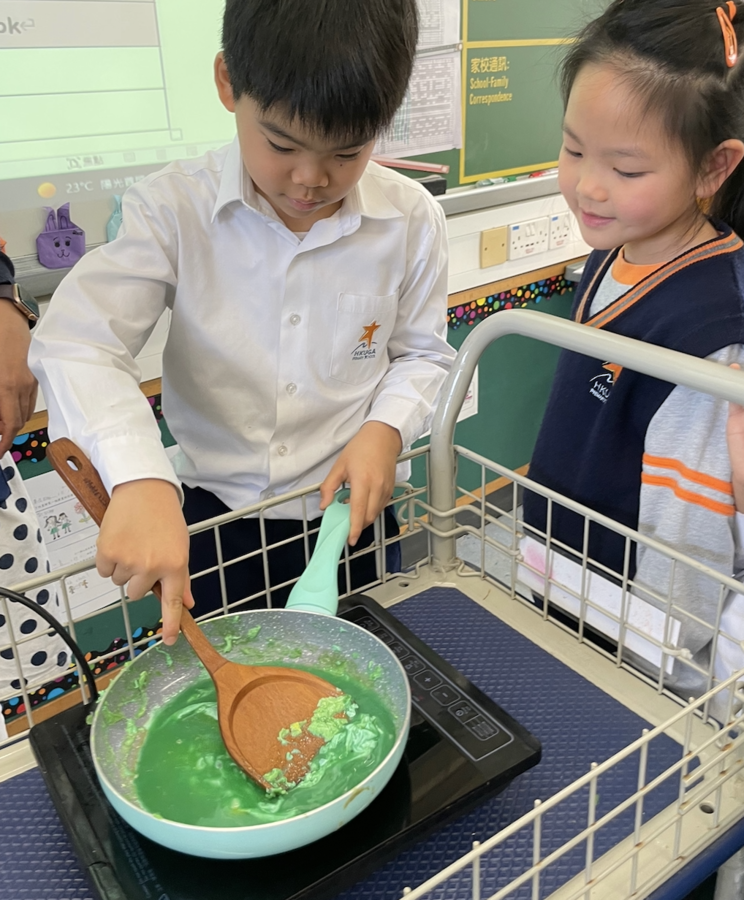
Introduction
Student-centred with a focused and innovative learning environment.
This is what defines the HKUGA Primary School English Department. Through this environment, our students are supported to develop their interest in and love of both reading and writing. Then, both in and out of the classroom, students use discussion, games, and group activities to develop their speaking and listening authentically. In our English department, we do not just want our students to learn; we want our students to thrive.
The primary aims of our English Language Curriculum are:
- to provide every child with opportunities for extending their knowledge and experience of different cultures and how to show respect for these different cultures;
- to help children prepare for their further studies and work in the English medium as good communicators who are able to cope with daily demands of communication in the modern world;
- to foster personal and intellectual development and to be enthusiastic about learning through the medium of English;
- to promote STEM and IT in Education; and
- to create diversified and life-wide learning experiences.
Our Curriculum
Students develop the skills of reading, writing, listening, speaking and knowledge of grammar through a broad and balanced curriculum with well-scaffolded learning materials. Each unit revolves round a particular theme or topic which provides a strong context for all learning activities. Reading texts, with grammar items carefully embedded, serve as the input and context for subsequent listening, speaking and writing tasks.
Each unit begins with clearly-defined learning outcomes to allow learners a clear picture of what they will be learning and achieving. Students return to these outcomes both in the middle and at the end of each unit. In the middle, they work on reflecting what they are doing well and what they need more help with. At the end, they reflect on“What Went Well” and how to move forward with “Even Better If” planning.
Experiential and hands-on activities enrich students’ learning experiences by making them memorable, authentic and contextualized. Dr. Seuss’ "Green Eggs and Ham" comes alive when P.1 students make green eggs and ham with the support of their teachers and parents. How to use imperatives in instructions become entrenched when P.4-6 students create board games, demonstrate cooking a recipe and organise games for younger students respectively.
Curriculum-related Activities
P1 Job Sharing
P1 Green Eggs and Ham
P1 Chai Wan Park Visit
P2 Weather Report
P3 Animal Talk
P4 Board Games
P5 GS-English Cross-curricular Space Unit
Solar System Presentation + Space Museum Visit
At HKUGAPS, we prioritize immersive learning experiences and authentic teaching methods. Furthermore, we strive to take our students' learning to the next level by encouraging them to think critically and creatively. In one of our units, students delve into the captivating subject of space and the solar system. As part of a group project presentation, students are tasked with designing their own planets and solar systems, taking into account both physical and chemical limitations, as well as the impact of planets on each other. They also design alien life forms capable of withstanding the extreme conditions of their "designed" planets. This project promotes collaboration and presentation skills, while providing an opportunity for students to explore their imagination and expand their knowledge beyond the prescribed curriculum. At HKUGAPS, we believe in providing a dynamic and diverse learning environment that prepares our students for the challenges of the real world.
Students at HKUGAPS don't just learn from textbooks, but through discovery and experience. They have been studying space and the solar system in both General Studies and English classes. Their learning is taken to the next level with a cross-curricular excursion to the Hong Kong Space Museum. This provides a unique opportunity to experience the wonders of space through fun-filled activities including guided tours and interactive exhibits. Students have a memorable and enriching experience, gaining astronomical knowledge beyond textbooks. At HKUGAPS, learning goes beyond the classroom, embracing the world and making knowledge livelier, broader, and longer-lasting.
P6 STEM Walking Horse Project
P6 Group Presentation: Endangered Species
Overseas Learning Trips
Others
Innovative teaching strategies such as the incorporation of coding in the teaching of writing using Scratch Jr in P.2-4 strengthen students’ ability to plan, visualise and organise their writing in a systematic manner. Lego WeDo allows P.3-4 students not only a tactile but also a collaborative learning experience for the learning of the Life Cycle and Natural Disasters units. Learning about animals works so much better when it is hands-on, as the P3 discovers in their life cycle unit! Virtual reality tours and iBooks further enrich the students’ experiences when learning about inspirational people like Anne Frank. The judicious use of various eLearning platforms and Apps allows English lessons to be interactive and individualised while promoting independent learning.
Our Focus on Developing Reading
Key Stage 1 students “learn to read” through storytelling, shared reading and guided reading lessons. They are provided with ample opportunities to practise their reading strategies which will promote their fluency, expressiveness and confidence in reading.
Key Stage 2 students “read to learn” through reciprocal reading and independent reading. By reading a variety of non-fiction text types such as newspaper articles, webpages and biographies, students learn to apply strategies such as skimming and scanning, looking for main ideas and supporting details and applying their inferring skills when reflecting on Question-Answer-Relationship (QAR).
Reading is an integral part of our everyday teaching. Supported by theme-based readers readily available in each classroom, online reading platforms such as Epic and Britannica, students are provided with opportunities to interact with reading materials at any time. Eagerly anticipated annual events such as Pyjama Reading Day and the Character Dress-up Day strengthen students’ interest in reading with full participation by both teachers and students.
Below are some of the ways we support reading at our school.
Reading Across the Curriculum
Our school promotes reading across all subjects through extensive reading programs, allowing students to develop independent research skills and broaden their knowledge. By Key Stage 2, students can conduct independent research, write news articles, and design leaflets. We have class sets of books on topics such as the Solar System and the Holocaust, and as part of cross-curricular reading initiatives, students make presentations on their endangered animals. Our goal is to instill a passion for lifelong learning and a love for reading, both vital to students' success in and out of the classroom.
Author visits
HKUGAPS believes that face-to-face interaction with authors is a powerful way to promote a love for the English language and reading. By inviting authors to share their experiences and works with students, they are given a unique opportunity to engage directly with the creative minds behind the literature they enjoy. Through author visits, students can ask questions, gain insights into the writing process, and develop a deeper appreciation for literature. This interactive approach can inspire students to become writers themselves and foster a lifelong love of reading.
Pajamas Reading Day
At HKUGAPS, we know that promoting a love of English and reading doesn't have to be boring. That's why we host an annual Pajamas Reading Day, where students come to school dressed in their comfiest PJs, sip milk, nibble on cookies, and, of course, read their favorite books in class. This fun and sophisticated event encourages reading as a daily habit and also provides an opportunity for students to share their literary passions with their peers, fostering a love for language and literature in a relaxed and enjoyable environment.
Character dress up day
Who says reading can't be fun? At HKUGAPS, we make sure it is! Our annual Characters Dress Up day is the perfect opportunity for students to let their imaginations run wild as they come to school as their favorite book characters and walk around school with the corresponding book in hand. This fun-filled event promotes a love of reading and encourages students to embrace their creativity and passion for literature.
Reader’s Theatre
Readers Theatre is a fun and interactive way for schools to promote a love of English and reading. By performing plays and stories with expression and enthusiasm, students develop their language skills, build confidence in public speaking, and cultivate a love of literature. This engaging approach can inspire a lifelong passion for reading and language.
Library Visits
HKUGAPS is dedicated to instilling a passion for reading among its students and see the value of integrating supplementary library visits within different teaching units, such as the unit on jobs, whereby students are encouraged to explore books relating to various professions. Additionally, the school places a strong emphasis on equipping students with the essential library search skill. By providing students with these tools, HKUGAPS aims to cultivate a deep-seated love of reading that will endure well beyond their time at the school.
Our Students and Teachers
With open-minded, life-long learners as their teachers, students learn and use English in a warm and safe environment. They become increasingly confident and highly participative through using authentic language in well-scaffolded tasks. As the students are applauded for effort, not simply achievement, they learn to accept failure as a natural part of learning and how to move forward with their learning using their Growth Mindset.
As students’ reading and learning experiences become broader and more diversified, they see the value and the importance of English as one of the means of “learning across the curriculum,” and that they acquire a tool not only for learning but also for understanding and communicating with people from other cultures.


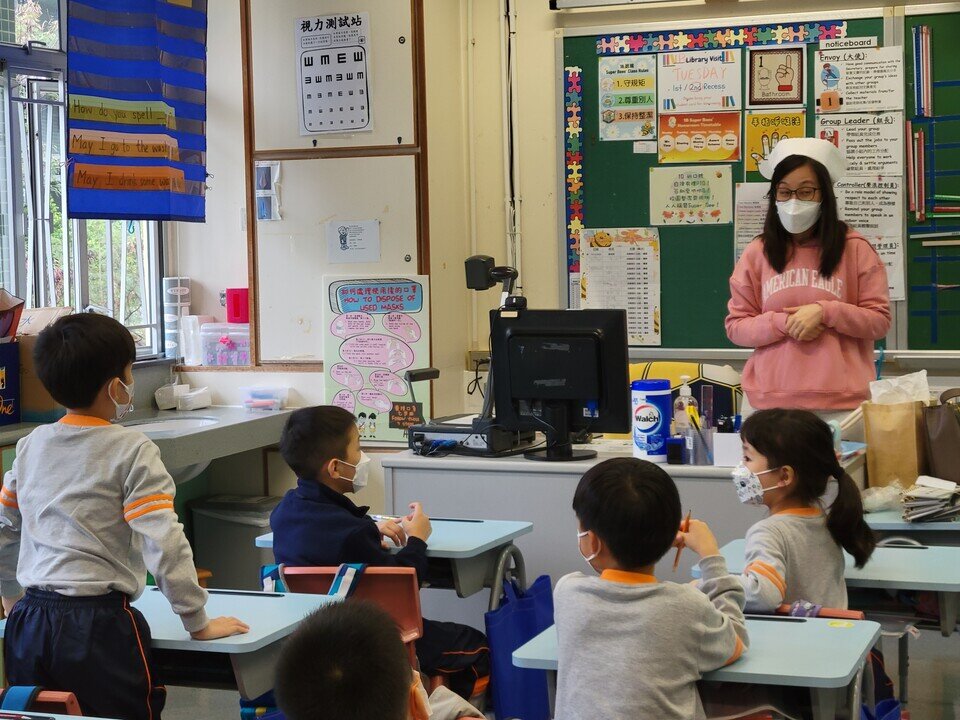 Overseas learning trips
Overseas learning trips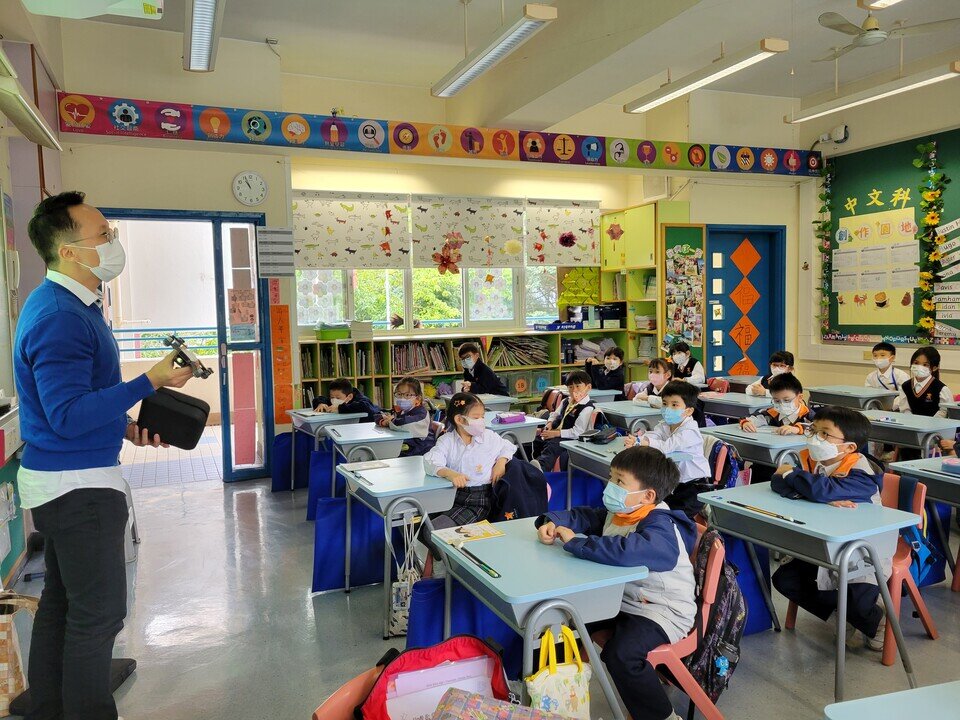 Overseas learning trips
Overseas learning trips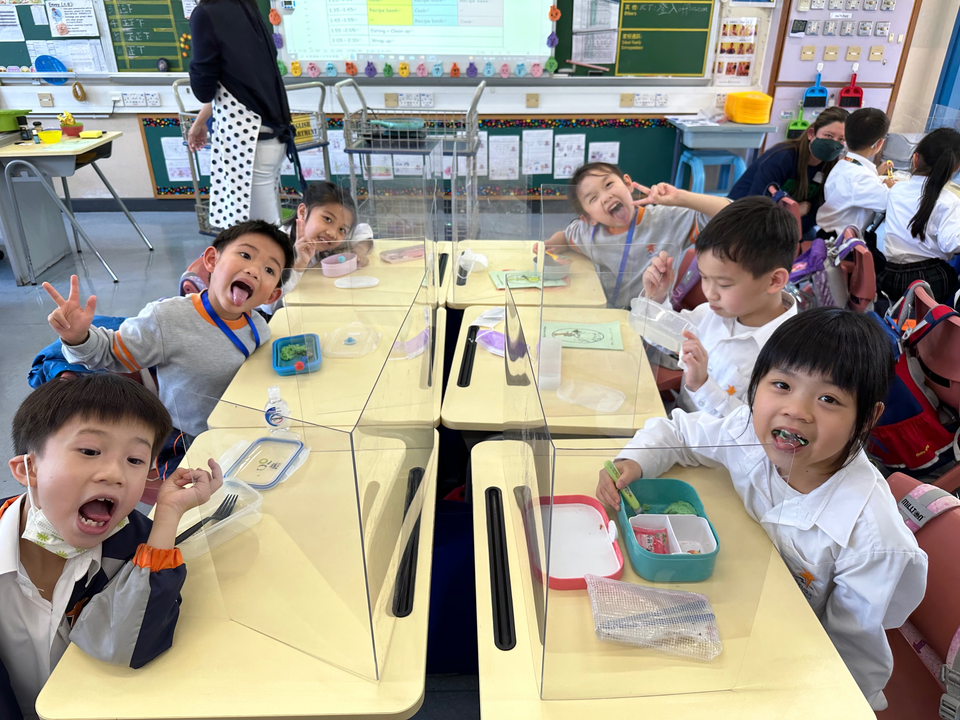 Overseas learning trips
Overseas learning trips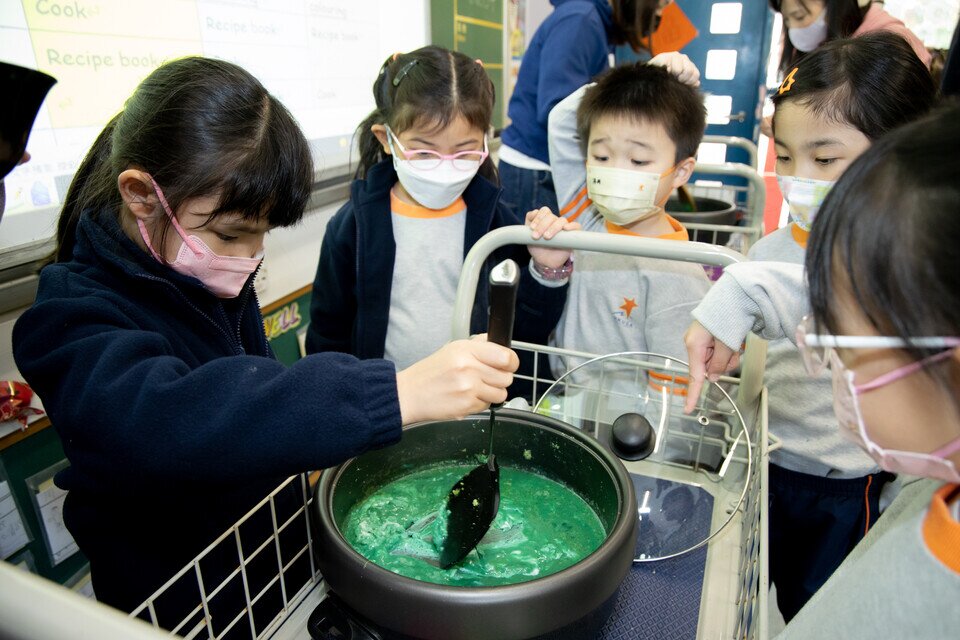 Overseas learning trips
Overseas learning trips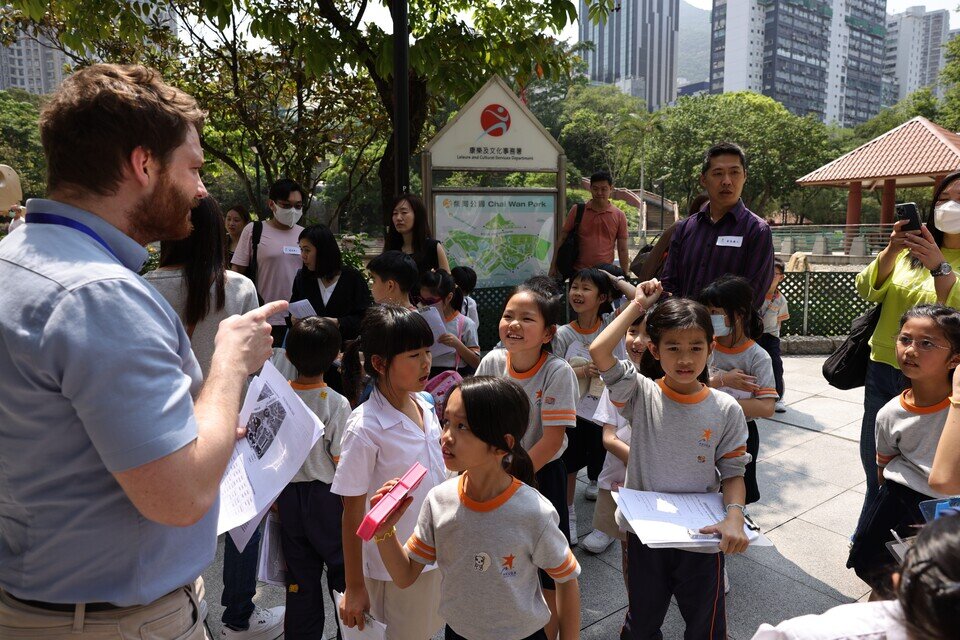 Overseas learning trips
Overseas learning trips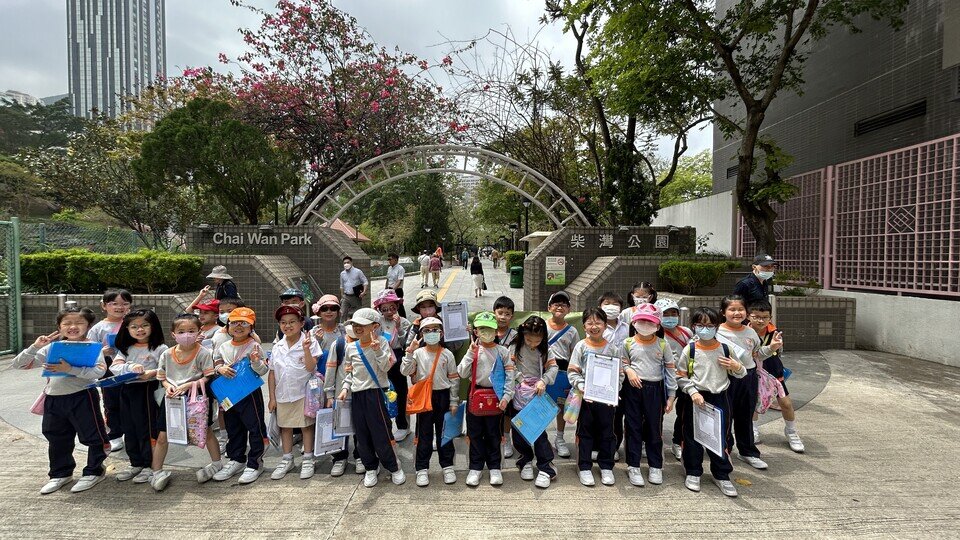
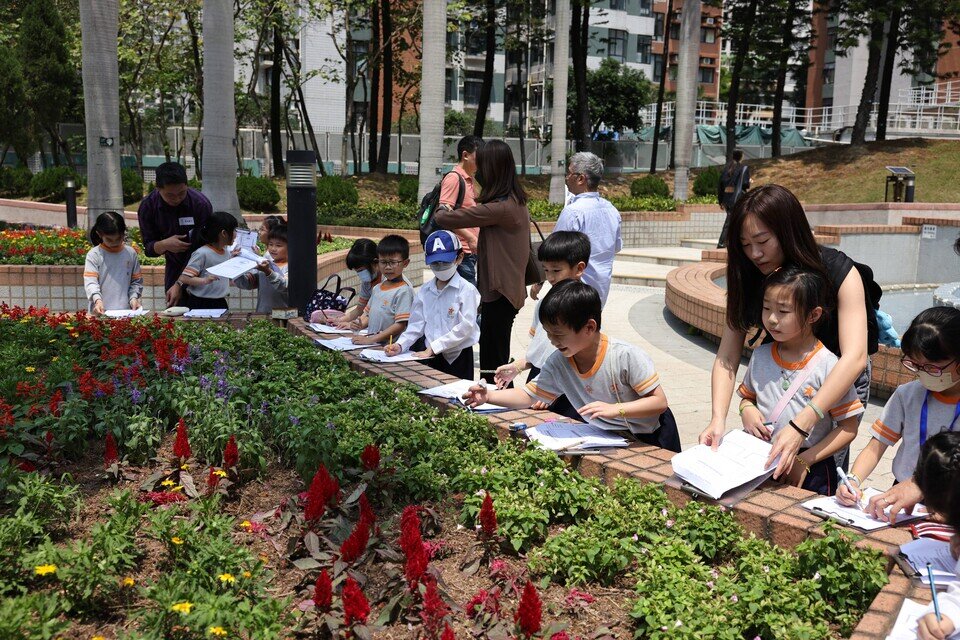
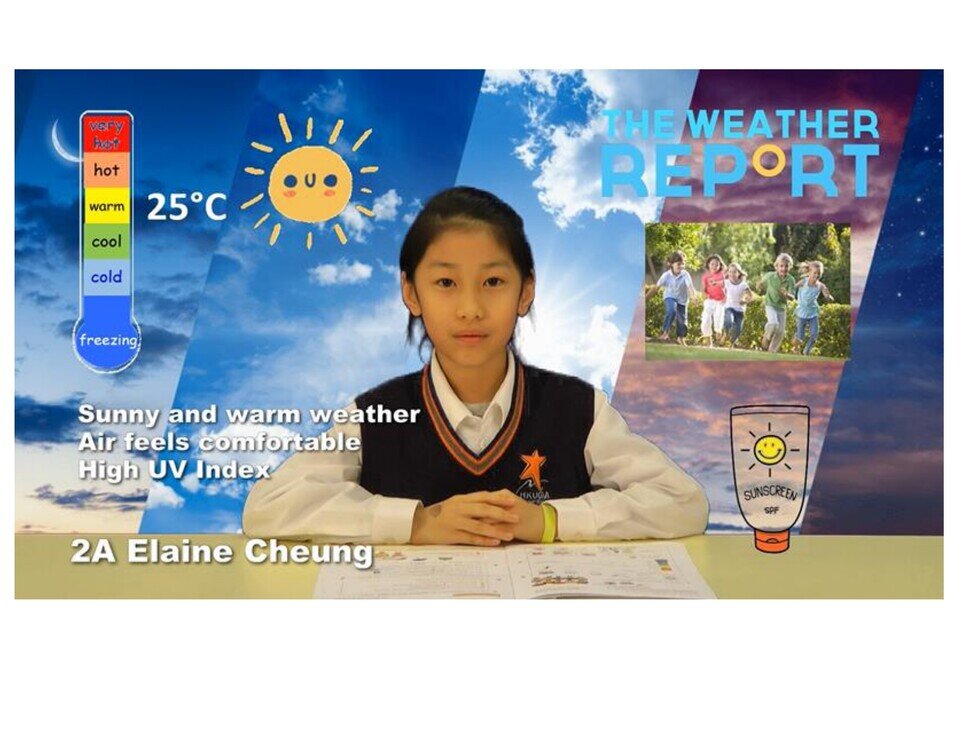 Overseas learning trips
Overseas learning trips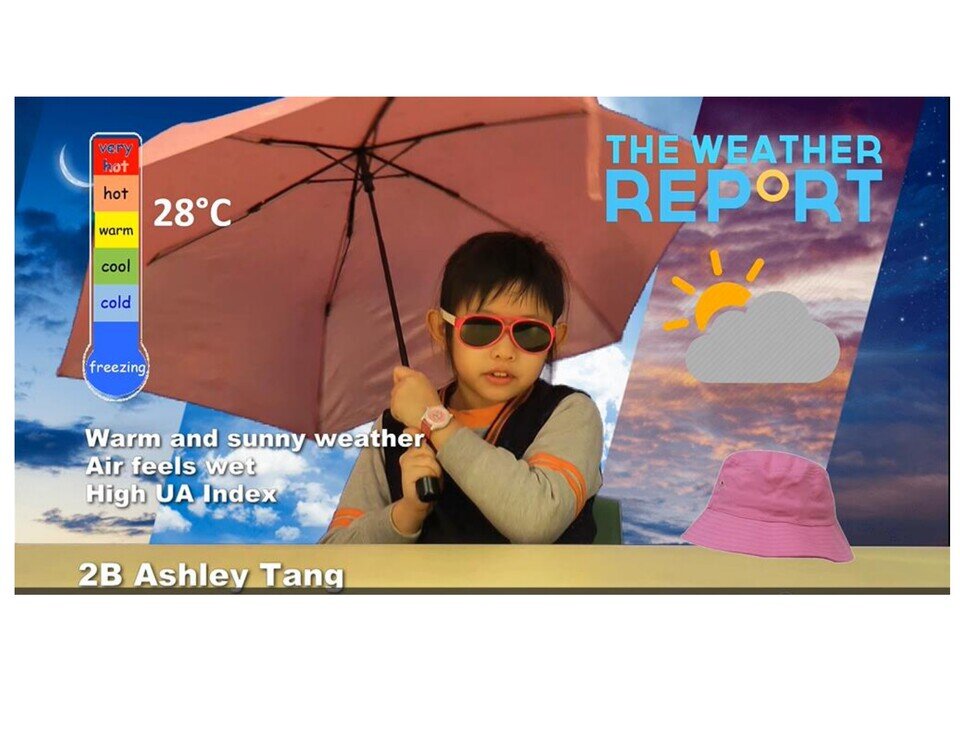 Overseas learning trips
Overseas learning trips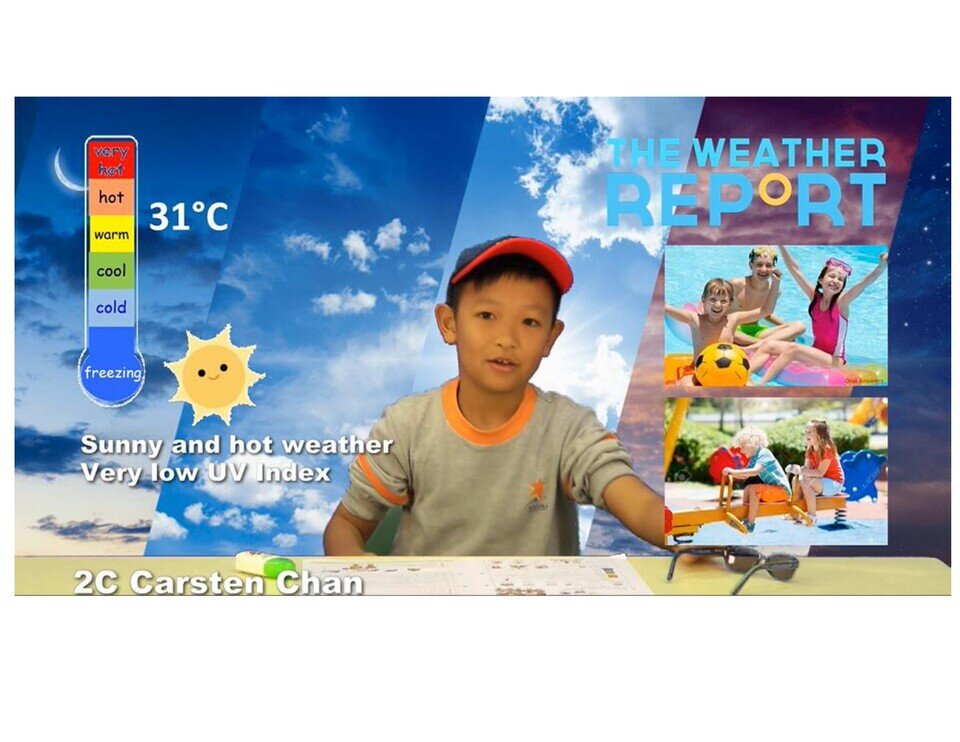 Overseas learning trips
Overseas learning trips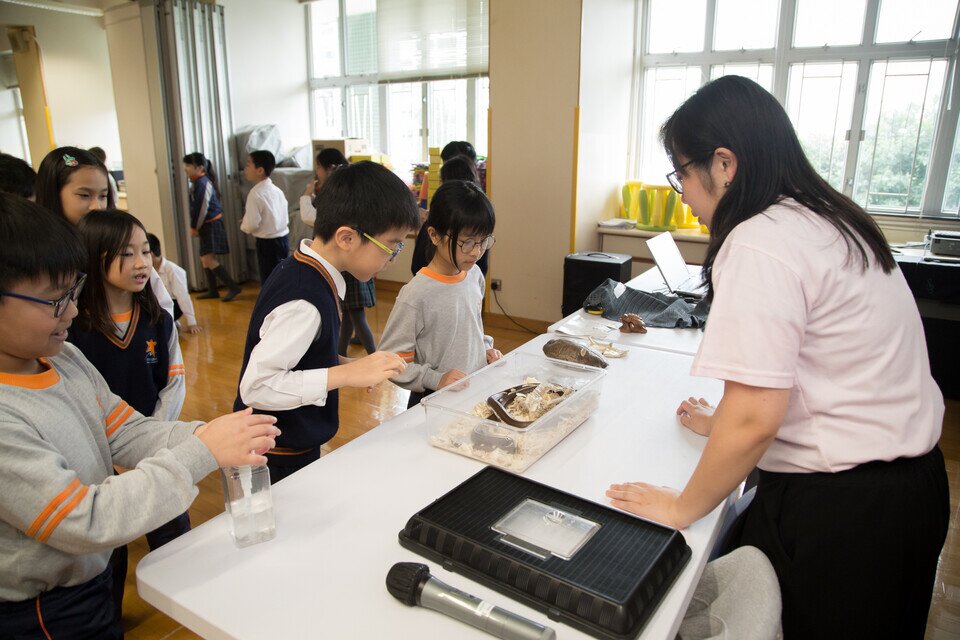 Overseas learning trips
Overseas learning trips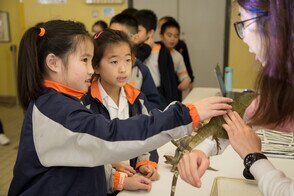
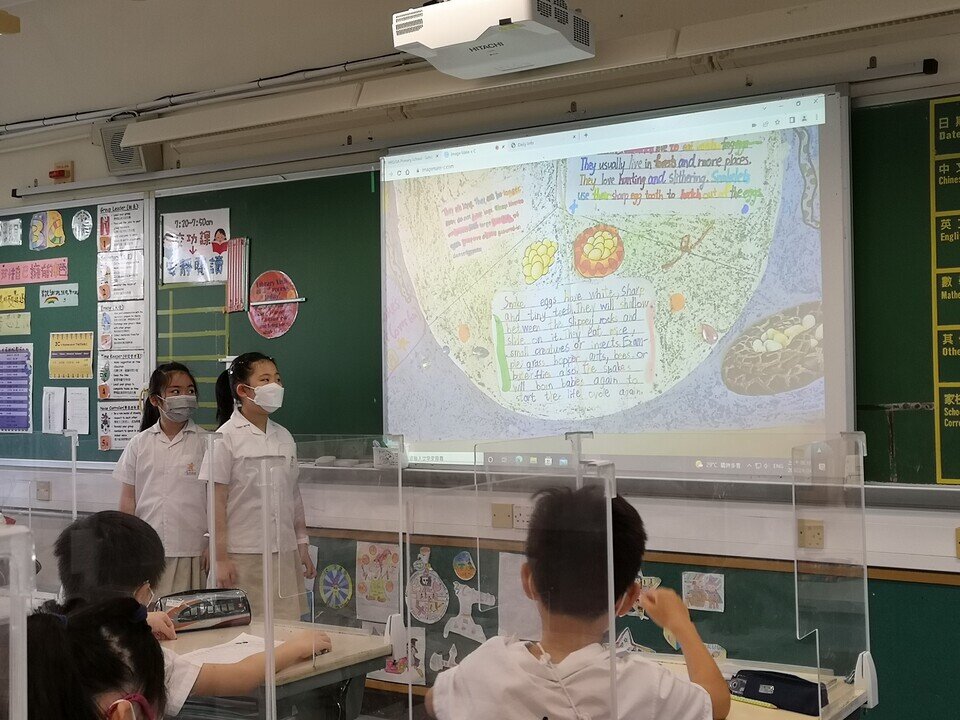
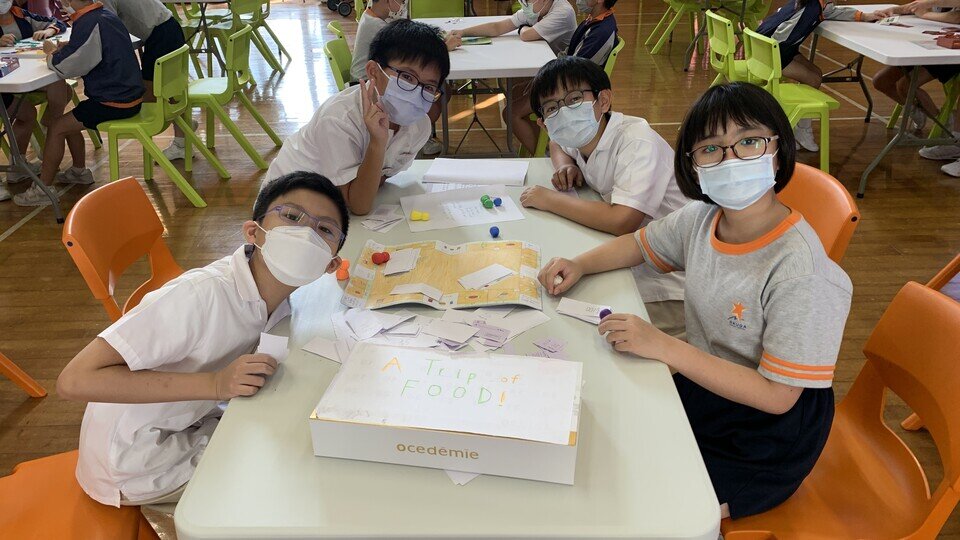
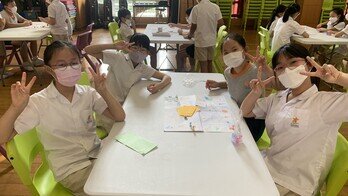
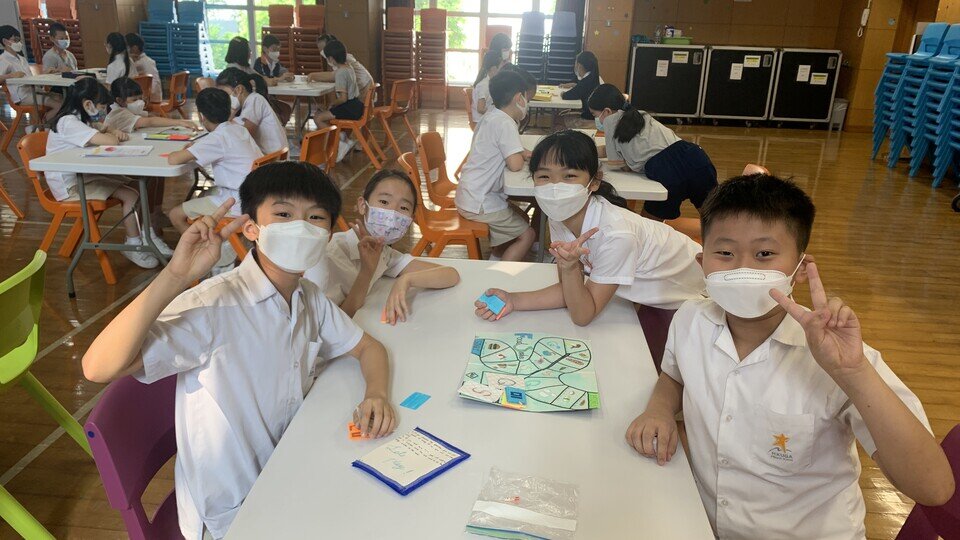
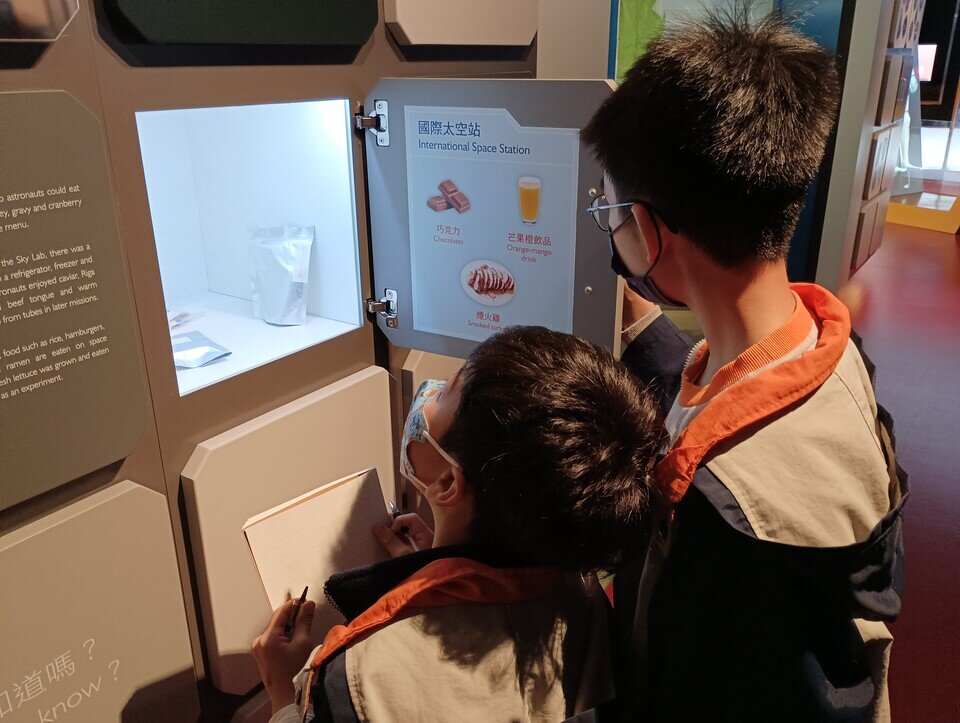 Overseas learning trips
Overseas learning trips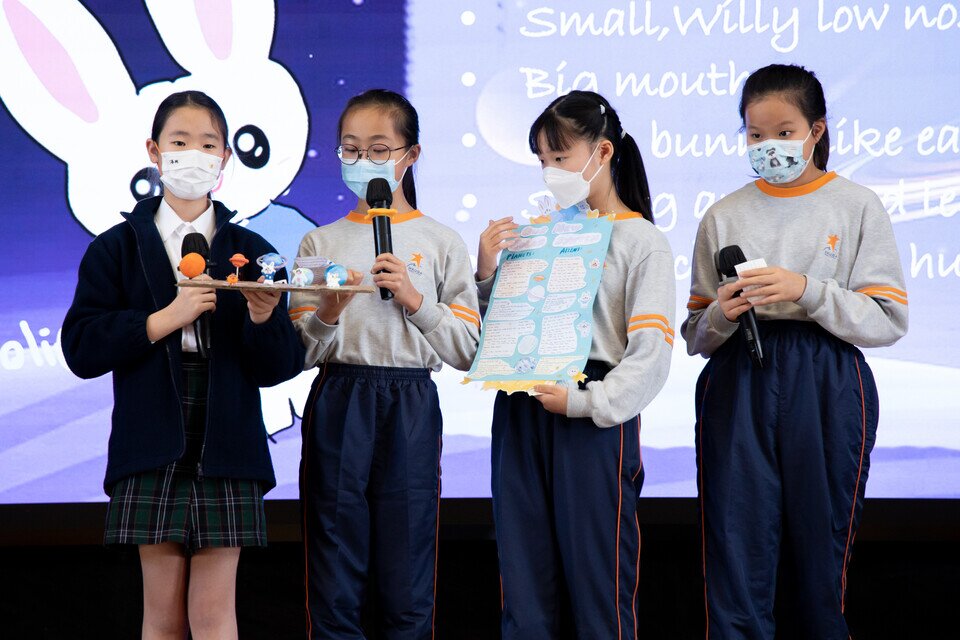 Overseas learning trips
Overseas learning trips Overseas learning trips
Overseas learning trips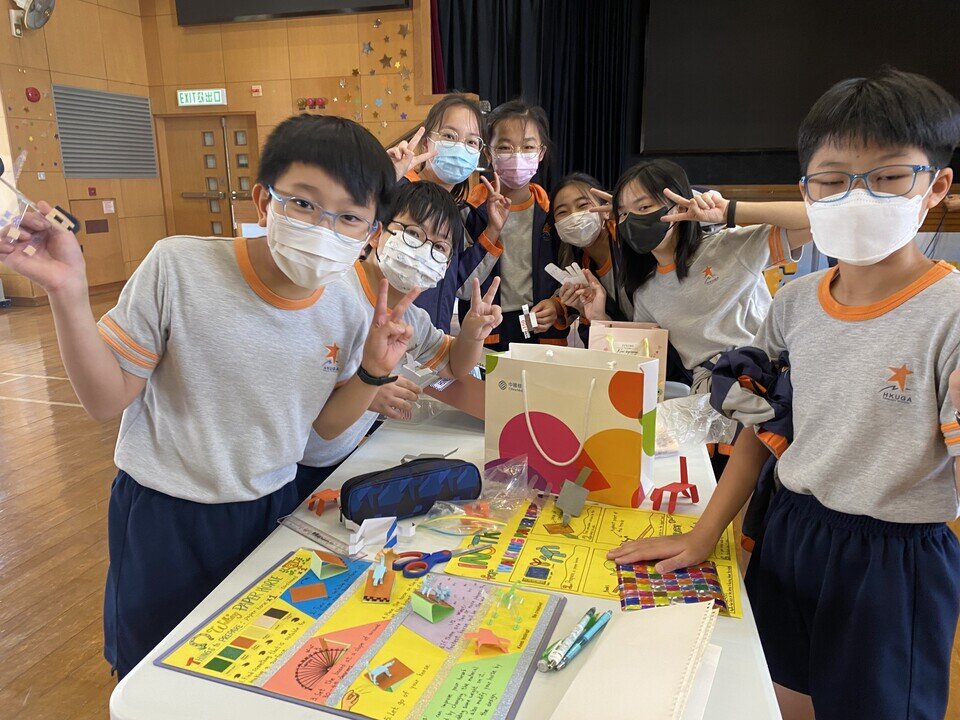 Overseas learning trips
Overseas learning trips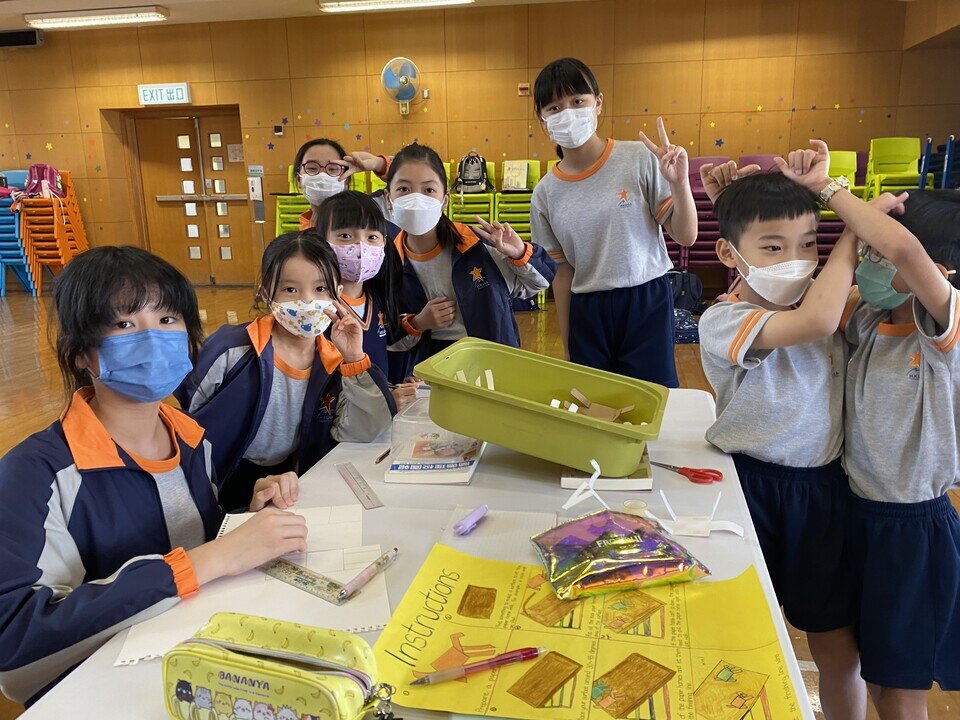 Overseas learning trips
Overseas learning trips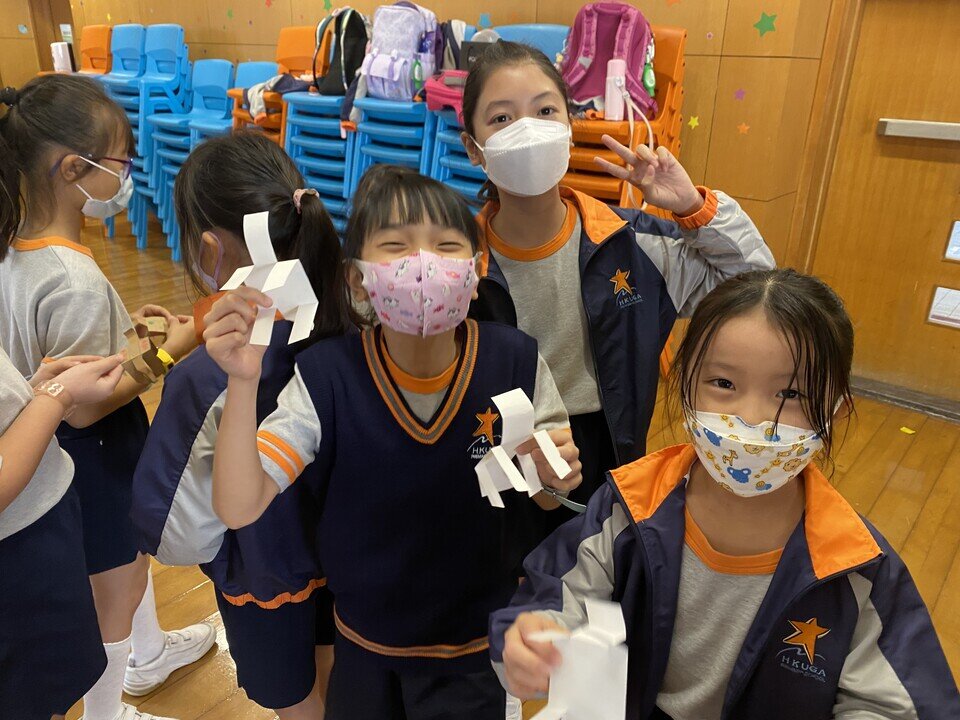 Overseas learning trips
Overseas learning trips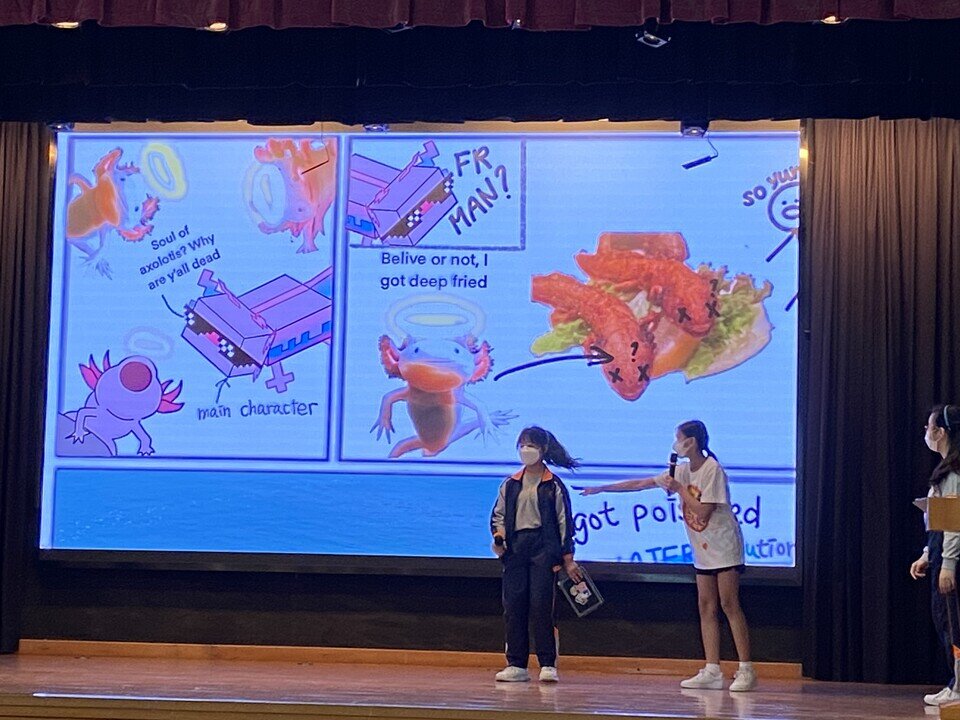 Overseas learning trips
Overseas learning trips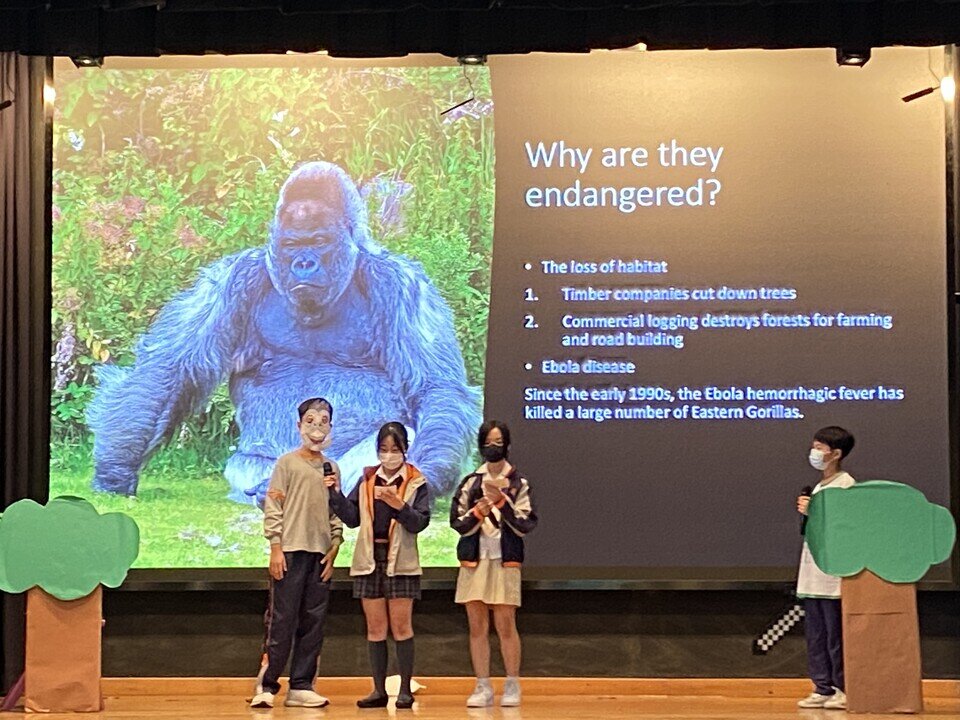 Overseas learning trips
Overseas learning trips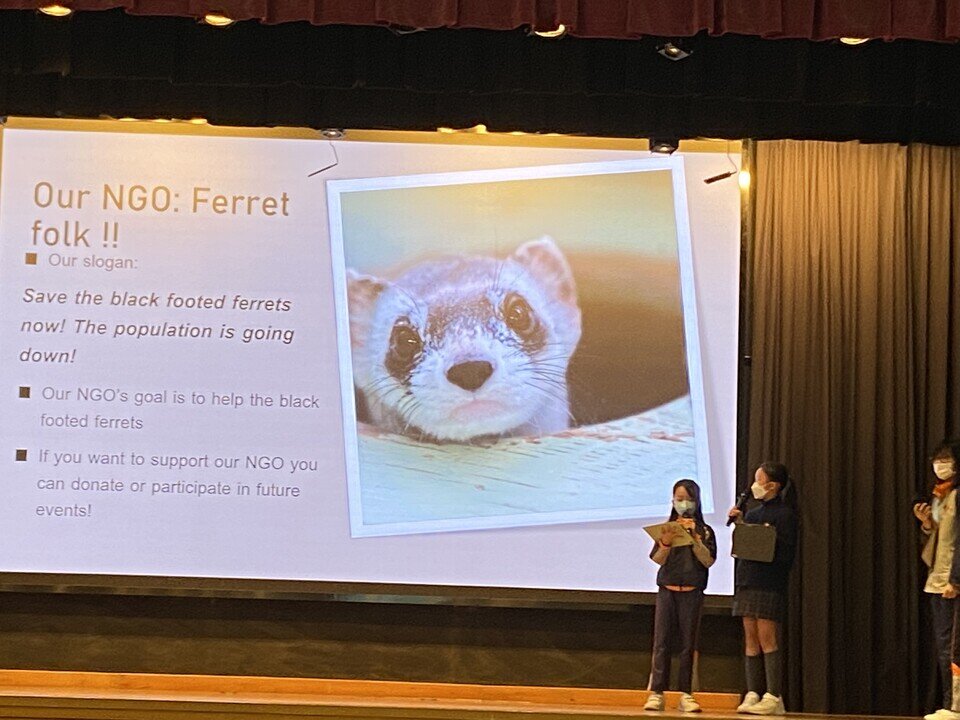 Overseas learning trips
Overseas learning trips